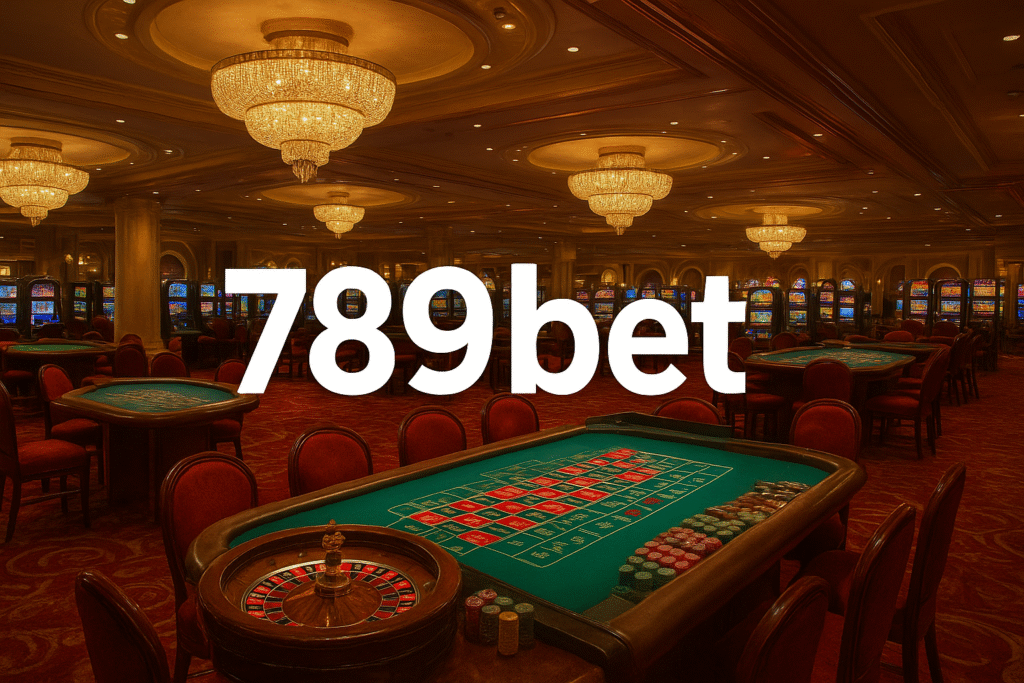Casino games are more than just a source of entertainment; they are designed around principles of psychology that keep players engaged and excited. From the flashing lights of slot machines to the anticipation of flipping a card in blackjack, every aspect of the experience is carefully crafted to trigger emotions and decision-making patterns. Understanding the psychology behind casino games not only provides insight into why they are so appealing but also helps players approach gambling more responsibly.
The Power of Anticipation
One of the strongest psychological triggers in gambling is anticipation. Whether it’s watching the roulette wheel slow down or waiting for a dealer to reveal the next card, the human brain thrives on suspense. This “anticipation effect” releases dopamine, a chemical linked to pleasure and reward. Even before a player knows the outcome, the thrill of possibility is enough to keep them engaged.
Slot machines exemplify this perfectly. The spinning reels create a short period of suspense, during which players imagine potential wins. This momentary excitement, regardless of the final result, is a major reason why people keep playing.
Near-Miss Effect
Another fascinating psychological element is the “near-miss effect.” When a player almost wins—such as getting two jackpot symbols instead of three—the brain often interprets it as a step closer to success. This illusion encourages persistence, even though the outcome is based entirely on chance. Game designers use this effect strategically to increase engagement, making players feel like victory is just around the corner.
The Role of Rewards and Bonuses
Reward systems also play a major role in player psychology. Casinos offer bonuses, free spins, and loyalty points to create a sense of achievement and progression. Much like video games, these incentives provide external validation that keeps players returning.
Online platforms have expanded on this by tailoring rewards to individual preferences. Personalized promotions not only make players feel valued but also increase their emotional connection to the platform.
The Illusion of Control
Many players believe that their choices directly influence outcomes, even in games dominated by chance. For example, in craps, some players throw dice with specific rituals, thinking it affects the roll. This illusion of control boosts confidence and makes games feel more interactive, even when luck is the primary factor.
Skill-based games like poker or blackjack do incorporate strategy, but even there, chance plays a major role. The balance between skill and luck keeps players engaged while maintaining unpredictability.
Social Interaction and Community
Casinos are also built on social elements. Live dealer games, multiplayer poker rooms, and chat functions replicate the atmosphere of land-based casinos by allowing players to connect with others. Humans are social creatures, and gambling often feels more rewarding when shared with a community.
This sense of belonging increases enjoyment, turning casino platforms into more than just gaming hubs—they become social spaces where friendships and rivalries can develop.
Responsible Play and Awareness
While the psychological design of casino games makes them exciting, it also raises concerns about responsible gambling. Recognizing the triggers—such as the near-miss effect or the anticipation of rewards—can help players make more informed choices. Setting limits and approaching gambling as entertainment rather than a source of income is essential for a healthy relationship with the activity.
Final Thoughts
Casino games are fascinating examples of how psychology and design intersect to create compelling entertainment. By blending suspense, rewards, social interaction, and the illusion of control, casinos tap into natural human behaviors that keep players coming back.
Modern platforms like b8 continue to apply these principles while offering secure and diverse gaming experiences to meet the needs of today’s players.
Conclusion
The psychology behind casino games explains why they remain so popular worldwide. While the thrill and excitement are undeniable, awareness of these psychological triggers is key to enjoying the experience responsibly. By understanding how games influence behavior, players can strike the right balance between fun and control.
